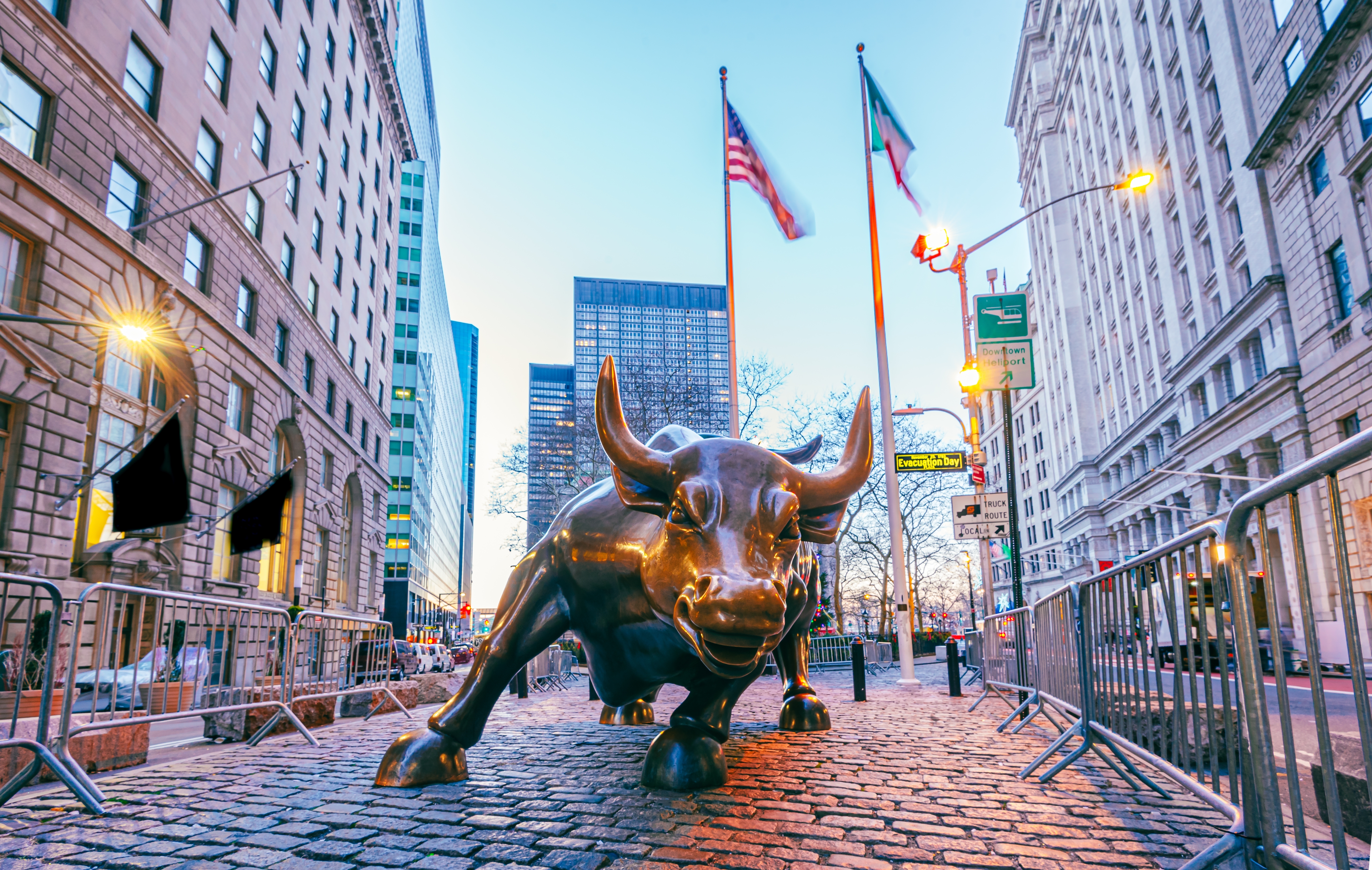Why GQG Partners' huge 10-12% yield could attract a lot of investors - if it's sustainable
Bargain hunters might want to take a look at fund manager GQG Partners (ASX: GQG) after the equities manager posted a net profit up 12.3% to $US306.8 million on funds under management up 10.8% to $US172.4 billion for the six months to June 30.
US-based GQG also declared a quarterly dividend of US3.56 cents per share to take total dividends for the six months to June 30 to US7.56 cents on a payout ratio around 90% of earnings.
If you're slightly gung-ho and annualise that you reach 23 Australian cents per share to put the stock on an eye-popping (loosely estimated) yield of 12.6% based on a $1.83 share price. The company has no debt and more than $US100 million in cash on hand.

All sounds pretty good right? Not according to the market and investors. They're valuing the stock negatively on the basis that the performance of its four key funds has badly lagged the market benchmarks over the 12 months to July 31.
On August 8, GQG revealed it wore $US1.4 billon of net outflows in July, with a $US1 billion attributable to a single client and equities managers are generally valued by the market on whether they're expected to grow or lose FUM.
In response to GQG flagging outflows in July, an already nervous market - haunted by Magellan's (ASX: MFG) horror share price run - sold GQG stock down from $1.90 to $1.72.
So is GQG a screaming buy?
An obvious point to note is that GQG's funds' under-performance over the past year is largely because they positioned more defensively and baulked at the sky-high valuations in businesses considered winners from advances in AI.
On the earnings call this morning, founder and chief investment officer Rajiv Jain doubled down on his view that parts of the market are in a bubble comparable to the dot.com era.
Jain also warned a slowing in the US economy is likely to hurt valuations soon enough as the mania for businesses linked to AI recedes.
It's this anticipation of a correction that has not arrived, which has cost GQG Partners' performance as its Global Equity Fund posted a 1% fall for the 12 months to June 30, versus a 16% gain for its benchmark the All World Index.
It's a similar problem Magellan had in also anticipating a correction that never came, and shows the difficulty predicting markets goosed by the AI euphoria and central bank money printing to fund government spending.
As such, it's impossible to know whether GQG's defensive investment approach proves right over the next 12 months, but Jain's arguments around excessive valuations are logical.
Inflows or outflows?
A good part of the sell-side analysts' focus on the conference call was whether the underperformance is likely to lead to more redemptions or FUM outflows.
"I don't think we're anywhere near a period where our performance puts us at risk with asset consultants," Tim Carver the chief executive officer told one analyst.
There are definitely no hard rules for how asset consultants, advisers, and the public make decisions around allocating capital to fund managers.
Many factors can influence these kind of decisions and Carver is correct to say one year is too short a period of time for most large consultants.
Financial advisers and professional asset allocators such as pension funds tend to instinctively look to five-year performance, as this should show an investment manager's skills through at least one economic cycle.
As at July 31, GQG's Global Quality Equity Fund had returned 12.39% net of fees over five years, versus 15.22% for its benchmark the MSCI ACWI World ex Tobacco Index.
The other three funds are around about their benchmarks over five years and all four are ahead of their benchmarks since inception.
In summary, the impact of investment performance on asset allocation is a subjective and complex area, although my sense is the market is too pessimistic about the outlook for GQG given the valuation.
The asset manager is also growing its own active ETF business in the US and could be a classic example of a good investment opportunity because short-term sentiment is so negative.
If sustained the dividend at around 12% is also very high, although you'd have to assume the market is pricing in dividend and earnings cuts ahead as the short-term performance problems translate into outflows.
This will be a fascinating business to watch as something of a bellwether for scepticism around the AI boom.
4 topics
1 stock mentioned
.jpg)
.jpg)